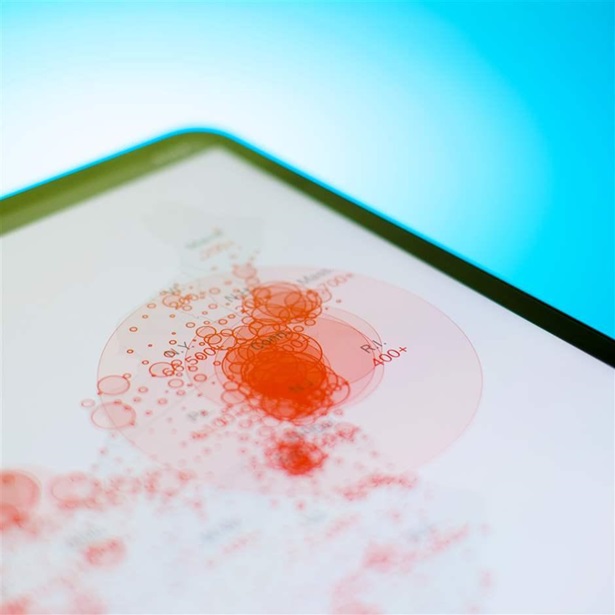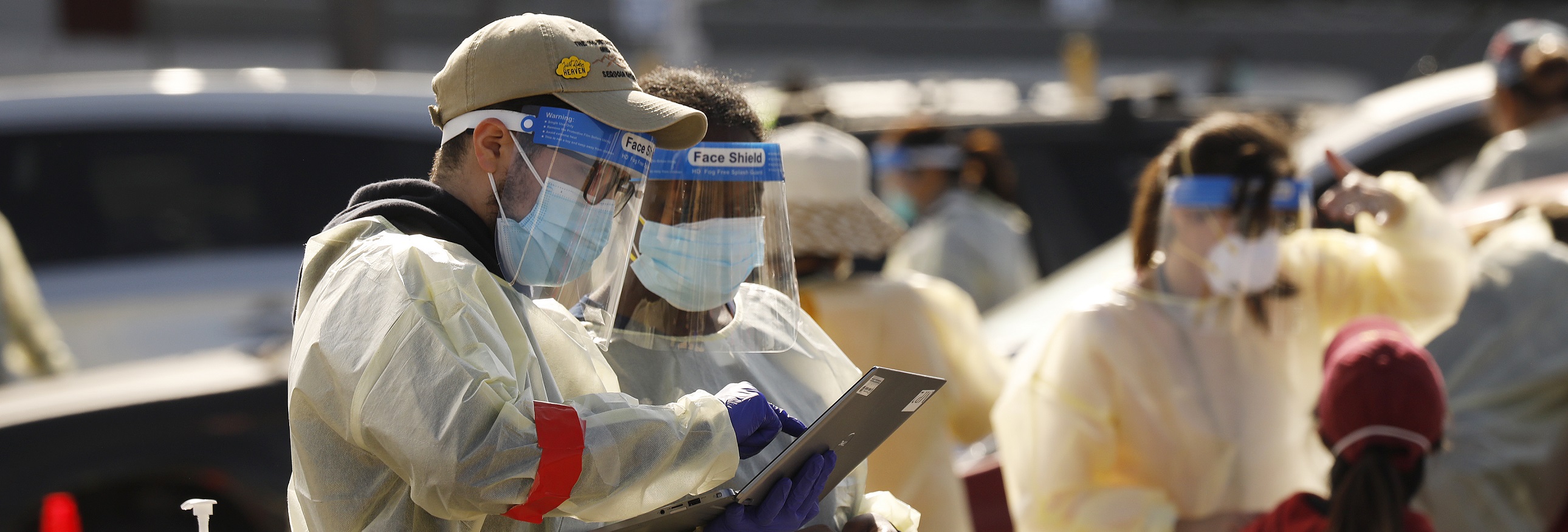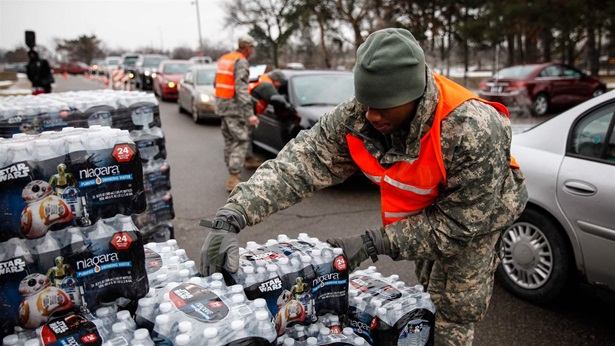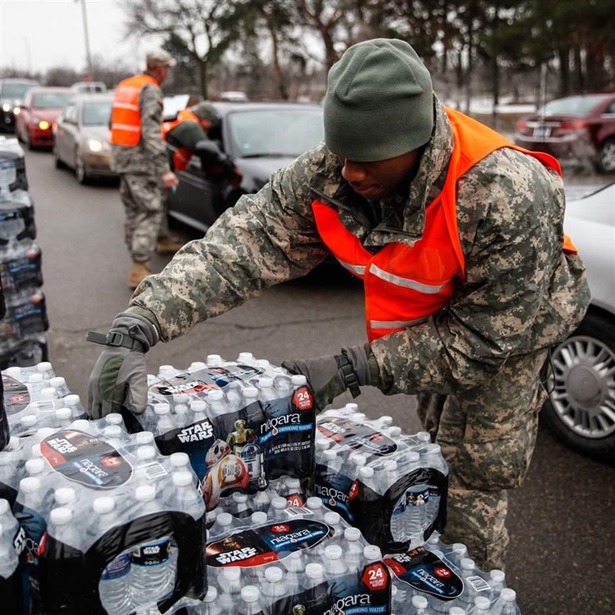State and local public health officials need timely, comprehensive health data from hospitals, doctors’ offices, and clinical labs to detect and respond to disease hot spots, contaminated food and water, and populations experiencing inequitable health outcomes, such as higher rates of environmentally triggered conditions like asthma.
Doctors’ offices and hospitals in the United States log about a billion patient visits each year, generating data on diseases, injuries, and treatment outcomes. This information can inform the work of public health officials, helping them save lives and improve the overall health of their communities. Unfortunately, public health agencies often don’t receive critical information from health care providers—and, even when they do, they may not have all the tools they need to analyze the data and take action.
Even when cases are reported, important data such as patients’ race, ethnicity, or contact information is often missing, meaning that officials can’t track the impact of diseases on different communities or conduct activities to slow the illnesses’ spread. As demonstrated during the coronavirus pandemic, many health departments still receive critical information via faxes and phone calls, not electronically—an approach that delays analysis and response time. Improving these systems is vital to supporting vibrant, healthy communities throughout the country, and to preparing for future public health crises.
Pew conducts research, provides technical assistance, and advocates for policies, resources, and public health department practices to enable the rapid and effective use of health care data to advance Americans’ well-being.
Specifically, Pew works to:
- Advocate for state and federal policies requiring that electronic health record systems automatically send standardized patient data to health agencies.
- Build the evidence base to demonstrate the benefits of improving electronic data sharing for public health.
- Research and share best practices to help public health agencies analyze and effectively use health care data.









